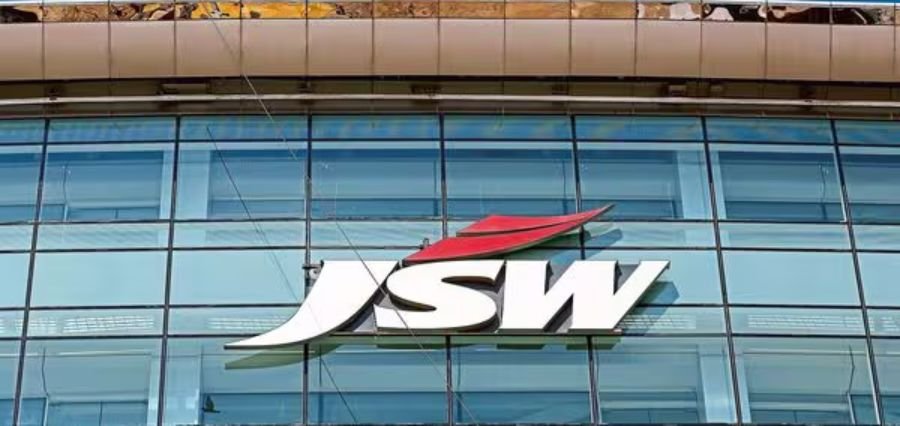Prime Highlights
- Large Indian companies such as JSW, Vedanta, Adani, and Reliance are pursuing joint ventures with Japanese partners to enhance battery manufacturing and supply of rare earth minerals.
- The strategy is intended to decrease reliance on China and establish indigenous capability.
Key Facts
- JSW is to set up a 60 GWh battery factory in three stages by 2032, beginning with 20 GWh by 2025–27.
- Vedanta is searching for sites for a nickel-cathode factory, critical to EV battery manufacture.
- India is to have 100 GWh battery capacity by 2030, to catch increasing demand and enhance supply chain security.
Key Background
In a strategic drive to get access to key mineral sources and enhance its battery production ecosystem, India is pursuing global partners to curb dependence on China. In this regard, India’s biggest conglomerates—JSW Group, Vedanta, Adani, Reliance Industries, Amara Raja, and Ola Electric—recently met with a delegation of Japanese battery supply chain firms in New Delhi. The Japanese delegation consisted of approximately 30 companies, featuring leading players from the battery components, raw materials, and technology companies.
JSW Group announced its intention to establish a 60 GWh lithium-ion battery factory in India, launched in three phases. The initial 20 GWh phase is likely to go on stream between 2025 and 2027, followed by another two phases by 2032. When established in full, the plant would be capable of powering over a million electric vehicles every year. The group already has interests in steel, power, and electric mobility and views batteries as a natural integration.
Vedanta, another industry giant, is planning to make inroads into the battery economy by setting up a nickel-cathode manufacturing facility. The company is in the process of identifying appropriate sites for the plant and potential technology partners. Nickel is an essential material for high-performance EV batteries, and domestic manufacturing is important in lowering dependence on imports.
Reliance Industries, which is a part of the ₹18,100 crore battery plant incentive scheme of the Indian government, is also planning to construct battery facilities, although its timelines have been delayed. Adani Group was involved in the talks, although there has been no announcement of specific plans yet.
India plans to develop 100 GWh of battery-making capacity by 2030, in sync with an estimated domestic requirement of around 127 GWh. Currently, China has a monopoly in the world market for lithium, graphite, and rare earths, with more than 75% dominance over the supply chain. This partnership with Japan is a strategic move towards diversifying India’s sources and capabilities to ensure long-term energy security and industrial growth in the space of clean technology.




